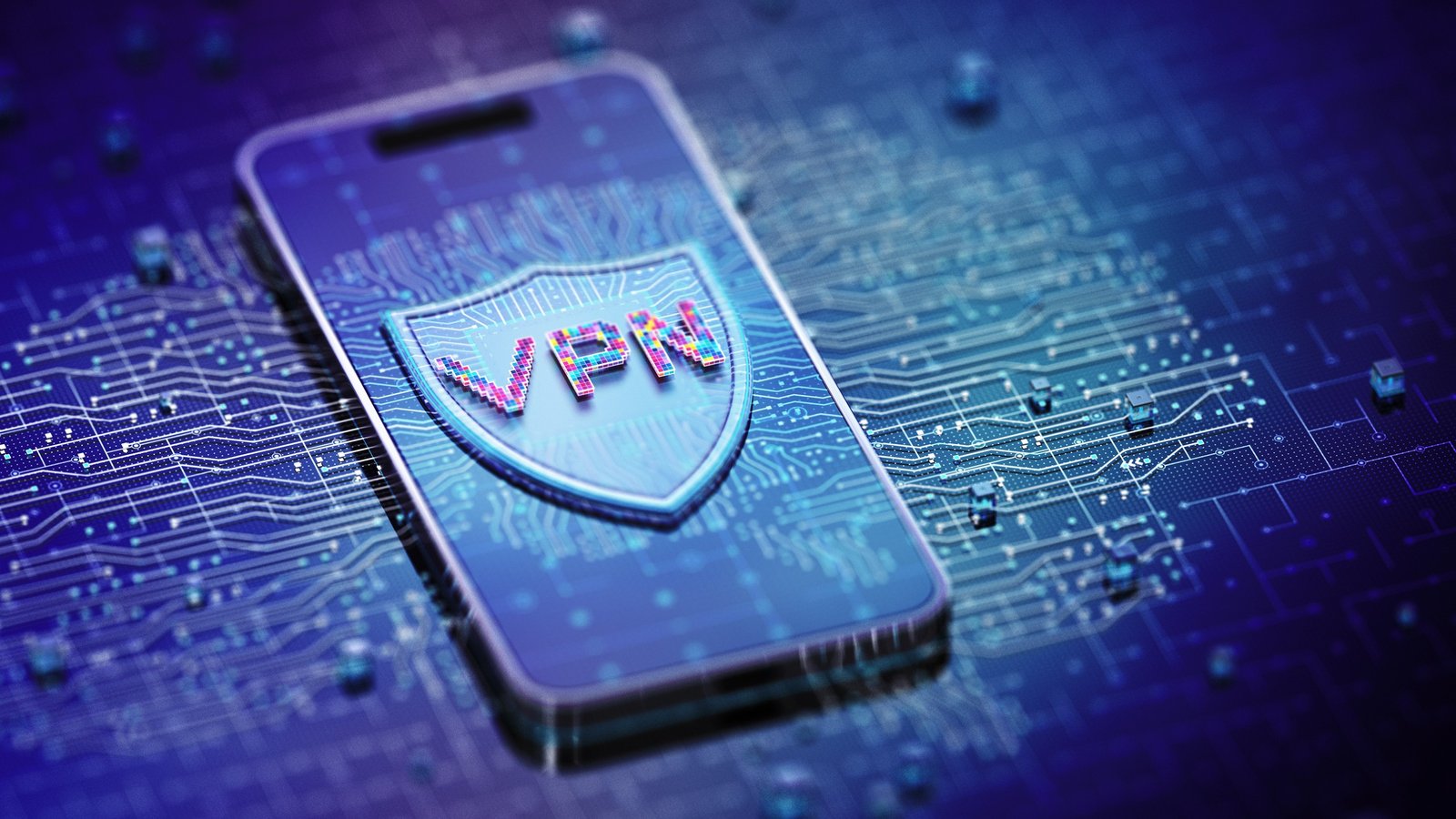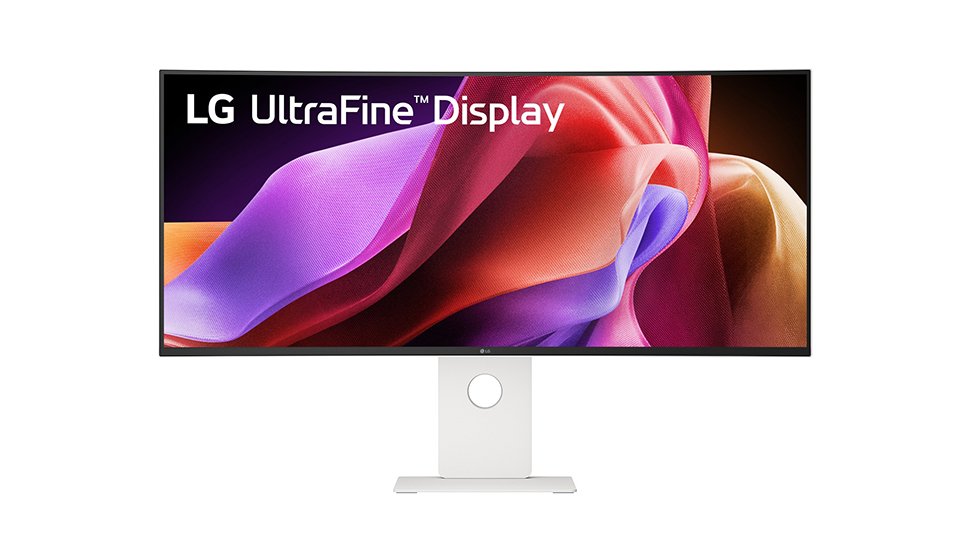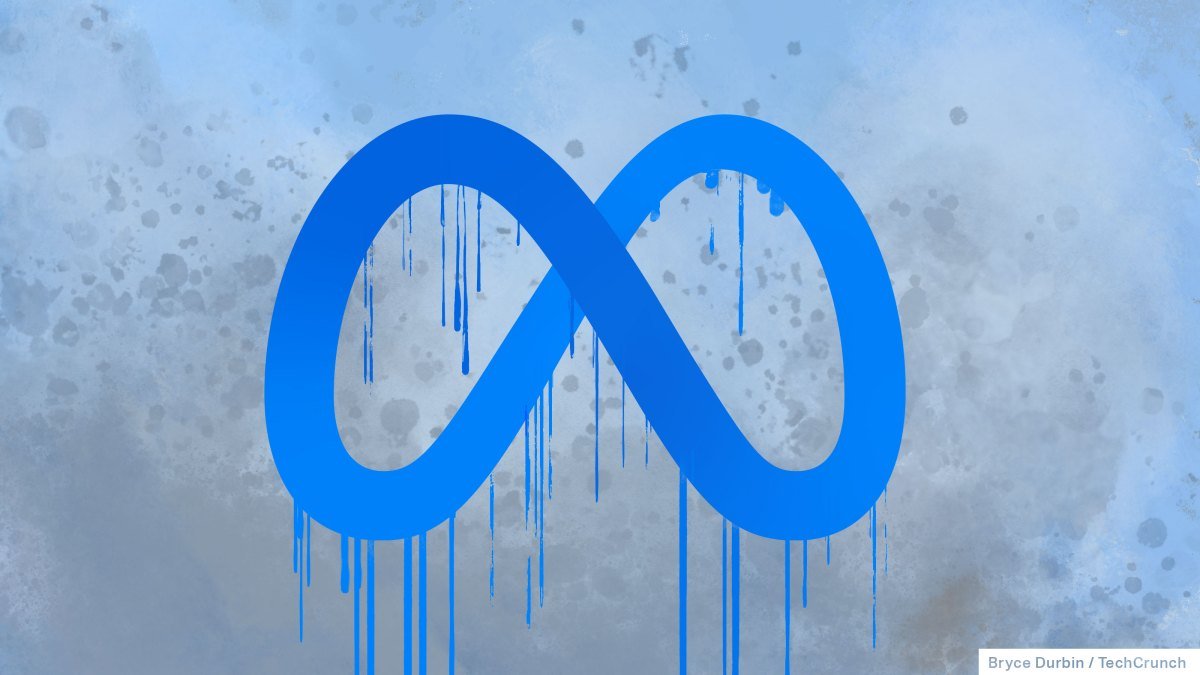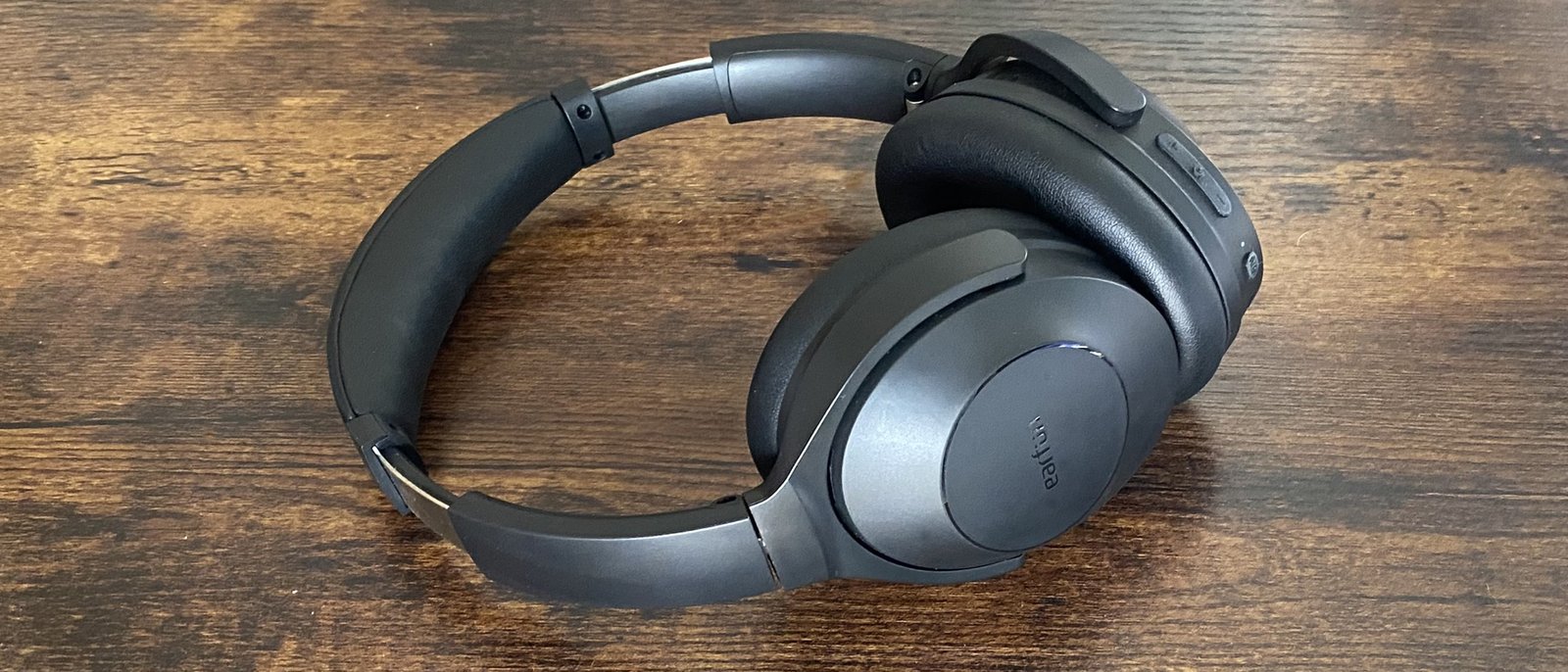The VPN market has boomed over the past few years. Ever-sophisticated privacy threats and increasingly more online geo-restrictions have turned these services from software reserved for nerds and businesses to a tool for the masses.
In the process, many companies have entered the market to meet this high demand. At TechRadar, we do our best to regularly test most of these services to recommend only the very best VPN out there.
In May 2025, we ran a survey to better understand how our readers see and engage with this world. Among the results, one stands out – nearly 1 in 4 respondents say they use free VPNs.
While this isn’t necessarily bad, it could put your privacy and security at risk while offering poor performance. Keep reading as I walk you through everything you need to know to get it right.
The risks of free VPNs
Let’s start with the elephant in the room – privacy.
A virtual private network (VPN)’s main job is to encrypt your internet connections to prevent unauthorized access. While this doesn’t completely anonymize you online, it does minimize online tracking.
At the same time, a VPN also spoofs your real IP address for better privacy, something that enables you to bypass internet geo-restrictions.
To do this, VPN providers need to build a complicated infrastructure made up of VPN encryption protocols, several security features, and, most importantly, an international network of VPN servers big enough to meet most users’ needs. And that costs money.
So, how can some free VPNs make revenue to stay afloat? Simple, by monetizing your data.
This may occur by targeting you with intrusive ads – yes, that little annoying pop-up you get when using free applications. It’s more than just an annoyance, though, as they collect all the personal data you’re trying to hide by using a VPN in the first place.
Free VPNs may also use tracking technology to collect details on your online activities and then sell them to data brokers. Again, not exactly what a VPN user wants.
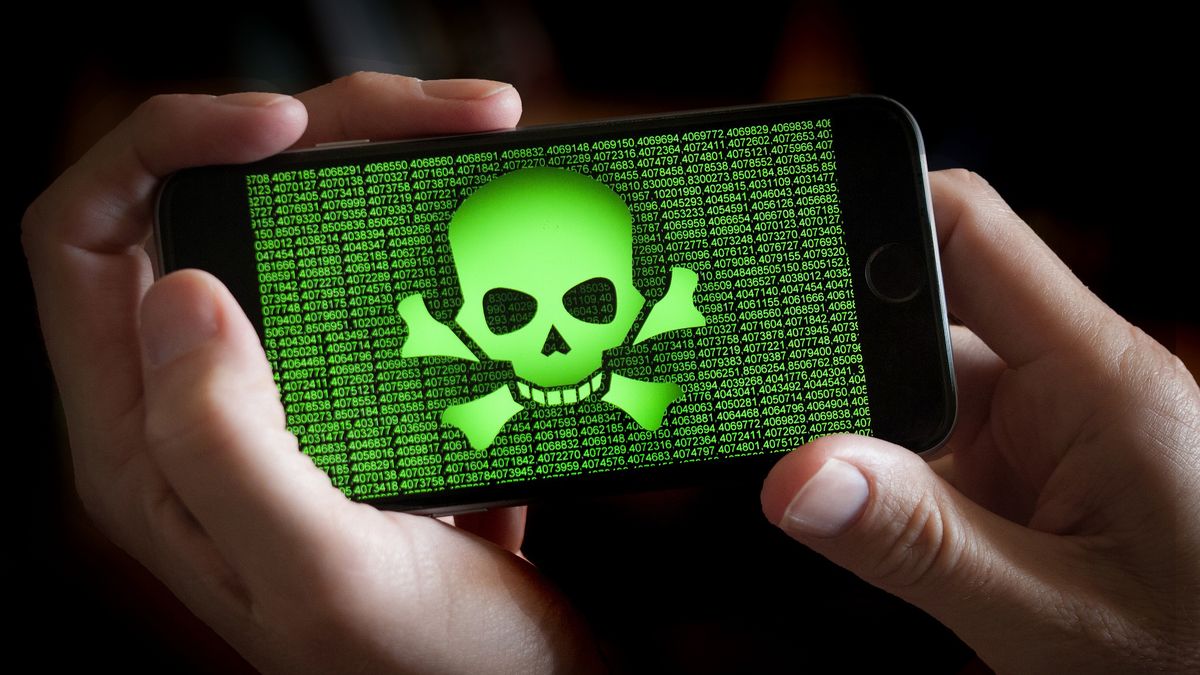
Time and time again, free VPNs have also come out to be a real threat to their users’ security, and 2024 saw a huge surge in malicious free VPN apps.
Data from cybersecurity company Kaspersky clearly shows how free VPN users worldwide have increasingly downloaded malware and other dangerous software alongside their freebie last year. Cybercriminals reportedly did this to create a network of infected devices to act as their personal proxy server used to launch attacks.
“Users tend to believe that if they find a VPN app in an official store, like Google Play, it is safe. And they think it is even better if this VPN service is free! However, this often ends up being a trap,” said Vasily Kolesnikov, Security Expert at Kaspersky.
These words are corroborated by more research published in April. Experts at the Tech Transparency Project (TTP) found that millions of free VPN users sent their data to China without realizing it.
Among affected services, Turbo VPN, VPN Proxy Master, Thunder VPN, Snap VPN, and Signal Secure VPN are reportedly all linked to a sanctioned Shanghai-based firm believed to have ties with the Chinese military.
Beware, though, as most of these allegedly dangerous free VPNs are still available across Apple and Google app stores six weeks after the findings – an update from researchers shared on June 12, 2025, can reveal.
Is it worth it?
Risking your privacy and security to save money by using a free VPN may not be worth it, either.
Most free services come with limitations that can considerably affect your overall experience.
For starters, most free VPNs may not have the server capacity to work as a streaming VPN and effectively unlock foreign catalogs. Similarly, they may also not include the P2P support needed for torrenting.
Most free VPNs come with limitations
Many free VPNs also have a cap on the maximum bandwidth users can use. This affects what you can do online, like streaming, gaming, and torrenting, as well as the amount of time you can use your VPN for every day, week, or month.
Most free VPNs are indeed intended more as a tool to boost users’ privacy. Yet, as we have seen, it’s imperative to choose carefully a reliable and secure service.
How to choose the best free VPN
As a rule of thumb, thoroughly check the service’s privacy policy before downloading and starting to use your chosen free VPN, or any other app for that matter.
We especially recommend looking out for how the service collects and uses your data. You should avoid services that share data with third parties. Even better, pick a free VPN with a strict no-log policy in place.
At the time of writing, TechRadar’s recommendations that tick these boxes are PrivadoVPN Free, Proton VPN Free, Windscribe Free, and Hide.me Free.
These providers offer what’s described as a freemium VPN. A limited version of its premium service at no cost. This means that they don’t need to monetize your data to make a profit.
Did you know?
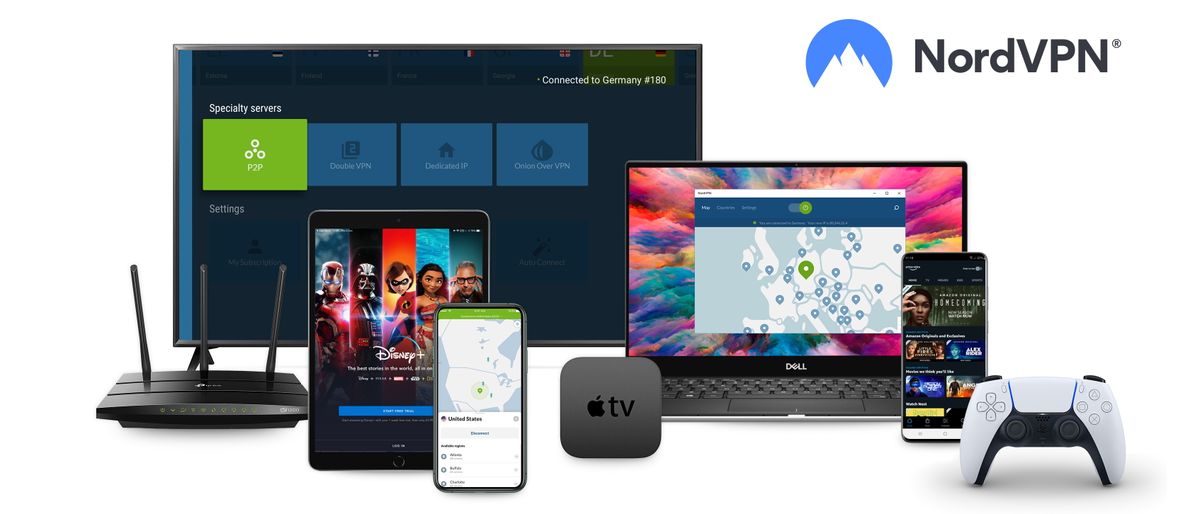
NordVPN is currently TechRadar’s top recommendation. Our reviewers praised its many security features, great performance, and extensive server network. You can read our full NordVPN review here.
The next step is to check if the service’s limitations can work for your needs.
Take PrivadoVPN Free, for example. Our testing shows that this freebie is powerful enough for carrying on streaming and torrenting activities. It delivers speedy and stable connections, too. Yet, you can only use it on one device, and it comes with a 10GB fast data cap a month.
Proton VPN Free, however, offers unlimited data, all its top privacy features, and even a secure kill switch. However, it doesn’t let you choose the server you connect to (so, forget about unlocking your favorite Netflix library), doesn’t have P2P support, and you can use it on just one device.
So, even with the best free services, you’ll have to renounce certain elements – what is on you to decide.
If you need the full package, I recommend checking out some offers among the best cheap VPNs out there. At the time of writing, Surfshark tops the list with pricing that starts from the equivalent of $2.19 a month.
TechRadar’s overall favorite NordVPN is also on sale at the time of writing. Besides up to a 76% discount, you even have the chance to get a free Amazon gift card with this time-limited deal, so definitely one to check out.
We test and review VPN services in the context of legal recreational uses. For example: 1. Accessing a service from another country (subject to the terms and conditions of that service). 2. Protecting your online security and strengthening your online privacy when abroad. We do not support or condone the illegal or malicious use of VPN services. Consuming pirated content that is paid-for is neither endorsed nor approved by Future Publishing.

